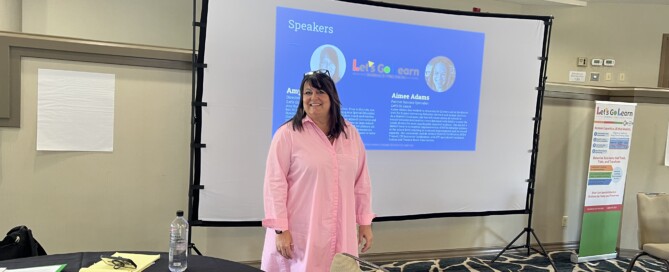Poverty In School
Key Takeaways: Poverty’s pervasive impact on education: Children from low-income families face higher absenteeism, lower standardized test scores, and reduced graduation rates at every educational stage, from kindergarten readiness through college enrollment. Early intervention is crucial: Low-income students are significantly less likely to attend high-quality pre-K programs and often start school behind, making











